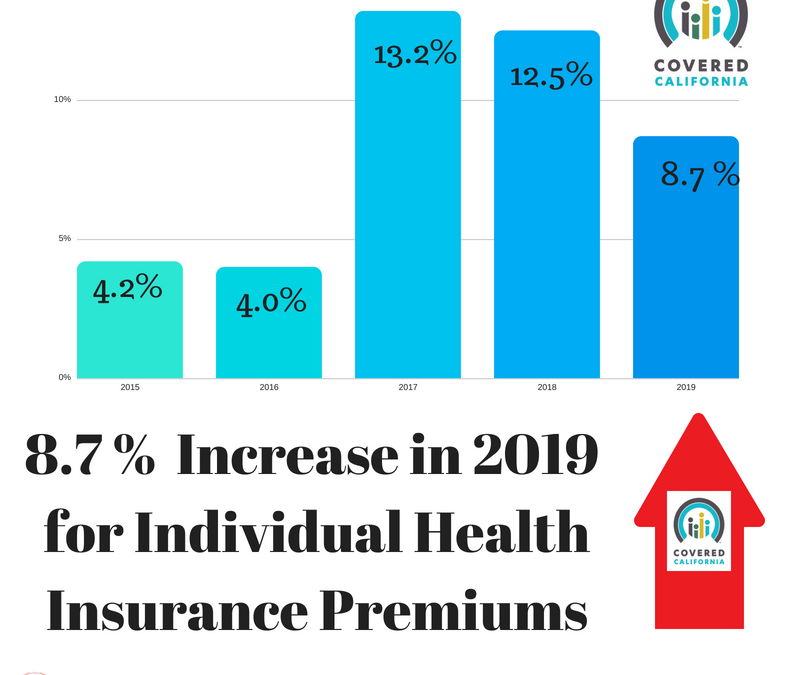You have actually heard the words before: Copayment. Deductible. Premium. A thousand others. You sort of get what they indicate and you sort of do not. However you do know that if you get one more medical billdespite having insuranceyou're going to shout. Attempting to comprehend medical insurance can be like diving into quicksand: No matter what you do, you constantly seem like you're sinking.
Medical insurance is actually quite fundamental if you have the ideal dictionary. To comprehend health insurance, you initially need to understand one essential aspect of the health insurance company: Medical insurance business are only effective if they have cash sitting on ice. Their business model depends on having a complete reserve of money.
If you can do that, you've got this. All set Here are some nuts and bolts of health insurance: That's the month-to-month charge you pay to keep your insurance going. Kind of like the month-to-month bill you pay to keep your internet service going. And you have to pay it whether you visit or not, otherwise they cut it off.
The medical insurance company sets the rate depending upon elements like your age, the size of your family, and where you live. That's for how long your medical insurance business will cover your medical expenditures, if you keep up with your premiums. Generally, it's a year. This is one of those "mouthful" words with a basic meaning.
And yes, this is in addition to your regular monthly premium. Let's state it's January 1 and you have actually got the influenza. Your policy period is one year, ending December 31, and your deductible is $500. You have not used any health insurance coverage yet, however your flu medication costs $30. Guess what? You have to pay that $30.
After that, the health insurance business starts spending for some or all of it. A high regular monthly premium generally suggests a lower deductible. And on the other side, a low regular monthly premium generally suggests a greater deductible. Yep, this is another fee that comes out of your wallet. This is a flat charge you pay as quickly as you stroll into the physician's workplace for medical services.
Indicators on How Much Do Dentures Cost Without Insurance You Should Know
Or you might pay $300 to go to the emergency situation department. When you make a copayment, will it be deducted from your deductible? Normally Home page yes, however it depends upon your policy. Ask your health insurer for more details. This word is both excellent news and bad news. If your health strategy has coinsurance, that suggests that even after you pay your deductible, you'll still be getting medical costs.

You have actually gotten enough medical services to pay the full $500 deductible. So, although you do not need to stress about a deductible anymore, you now need to pay coinsurance. Coinsurance is a method your insurance provider splits the expense of your care with you. For instance, they may pay 80% of the bill while you pay 20%.
You see an orthopaedist (a bone professional). He charges you $200. If you have 80-20 coinsurance, your insurance provider will state: That implies the insurance provider pays $160, and you pay the rest, $40. Here's fortunately: Coinsurance often even "kicks in" prior to you fulfill your deductible. Your insurance coverage company might make that occur for certain treatments or tests.
Also, you won't need to pay coinsurance permanently. At some point, your insurance business will start paying 100% of your expenses. This is when you've reached your: That's the total amount you'll have to pay out of pocket throughout your policy duration. It may be $5,000 or it might be $15,000.
Now, $15,000 might seem high - what is a certificate of insurance. But when you bear in mind that something like cancer treatment might cost $100,000 a year or more, having medical insurance still protects you in the long run. Speak with the health insurance supplier at your hospital about payment plans and forgiveness for medical expenditures.
A supplier is someone who provides healthcare. It can be: A doctor A dental professional A chiropractor A midwife An eye professional A psychologist A physiotherapist A nurse A nurse practitioner Why do you require to know this? Two reasons. The very first reason is that best timeshare some providers are cheaper than others. what is the fine for not having health insurance.
All About Why Is My Car Insurance So High
You may go to a walk-in center. There, you may see a nurse professional (NP) a nurse who can do specific things a medical professional can, like recommend drugs. Or you might see a physician assistant (PA) somebody who does numerous things a physician does, prescribes drugs, and works under a medical professional's supervision.
If you require care like an X-ray, and your coinsurance kicks in, you'll most likely pay less than you would at a health center. Even if you're still paying full cost because you haven't met your deductible yet, an NP or PA will likely be way less expensive than a medical professional. The 2nd factor is that your insurer might not specify particular companies as "companies - how much does an insurance agent make." For example, you may see a hypnotist who makes a world of difference in your life.
However if the insurance company does not consider her a health care company, they won't pay for your sessions with her. You'll keep paying full rate out-of-pocket, permanently. Another angle: Your insurance provider may accept spend for certain treatments or surgeries only if they're done by providers with certain qualifications or qualifications.
What's the bottom line? Ask the insurer before you go to your visit if they'll spend for services from the supplier you wish to see. Here's the background: Insurance provider attempt to save cash by making deals with particular service providers. Those service providers lower their costs for patients who are covered by that insurance coverage business.
If you see a medical professional who's "in-network," you'll pay less. If you see a doctor who's "out-of-network," you'll pay more. How do you understand if a https://deanoygf206392.carrd.co/ physician is in- or out-of-network? Call your insurer, or look on their site. They'll most likely have a tool you can utilize to search for different medical professionals.

However they have lower regular monthly premiums. One warningif you go outside the HMO network for your care, the insurance provider typically won't spend for it, except in an emergency. These networks have more providers to select from. But they have higher month-to-month premiums. You can likewise use service providers beyond the network, however at a higher cost.
Top Guidelines Of How Long Can I Stay On My Parents Insurance
With service providers in tier 1, you'll pay the least amount of cash. If you go to a tier 2 service provider, you'll pay more, and in tier 3, you'll pay the most. A tiered strategy might have a lower premium than a PPO plan. These plans can have extremely high deductibles (a number of thousand dollars or more), but they keep your premiums lower.
Advantages are the things your insurance coverage strategy covers. They can be: A blood test An X-ray Your annual physical Prescription drugs A hip replacement An emergency space visit When the insurance provider states "you'll get a greater benefit level if you go to this physician, lab, or hospital" listen up. They're probably attempting to refer you to an in-network service provider.